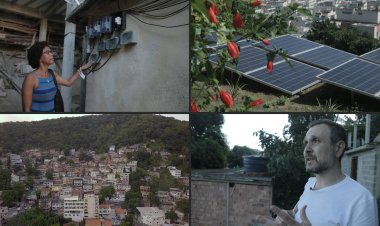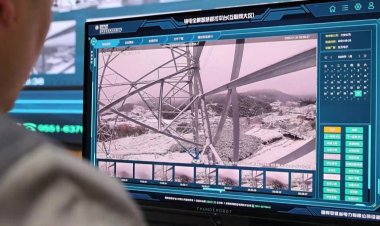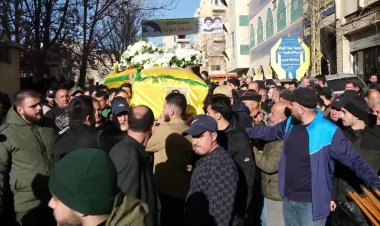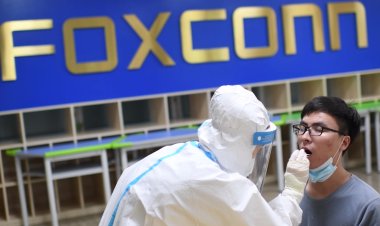German town stages Good Friday reenactment

Amateur actors in Bensheim, Germany, staged their annual Good Friday procession, reenacting Jesus Christ's final journey to crucifixion. Approximately 90 participants marched through the city streets in elaborate costumes, performing scenes from Jesus' arrest and sentencing to his ultimate crucifixion in the town's market square.
The tradition, established in 1983 by Italian immigrants to Bensheim, has become known for its detailed props and costumes. This year featured newcomer Marvin Jarquin Calderon, a mechanical engineer from Nicaragua, in the role of Jesus for the first time.
Spectators followed the procession through town, many expressing deep emotional connections to the event. Judith Seibel, who attended with her daughter, said. She always cries during the performance, noting the importance of her child experiencing this religious tradition. Another attendee, Friedhelm Pfeifer, emphasized how the ceremony provides him strength during "crazy times," saying his faith gives him more hope now than ever before.
While this theatrical reenactment isn't among Germany's most common Easter traditions, Good Friday (Karfreitag) remains a significant public holiday throughout the country. Germans typically observe the day with church services, silent reflection, and community gatherings commemorating Jesus' crucifixion.
In Berlin, worshippers conducted a solemn procession carrying a large wooden cross through the streets, with clergy and laypeople joining together in hymns and prayers honoring Christ's Passion.
These observances across Germany reflect the enduring importance of Good Friday in German culture, blending traditional rituals with communal expressions of faith. The performances and gatherings serve to deepen spiritual connections while reaffirming central Christian values, culminating in the celebration of Easter Sunday, which symbolizes resurrection and new beginnings in the Christian faith.















